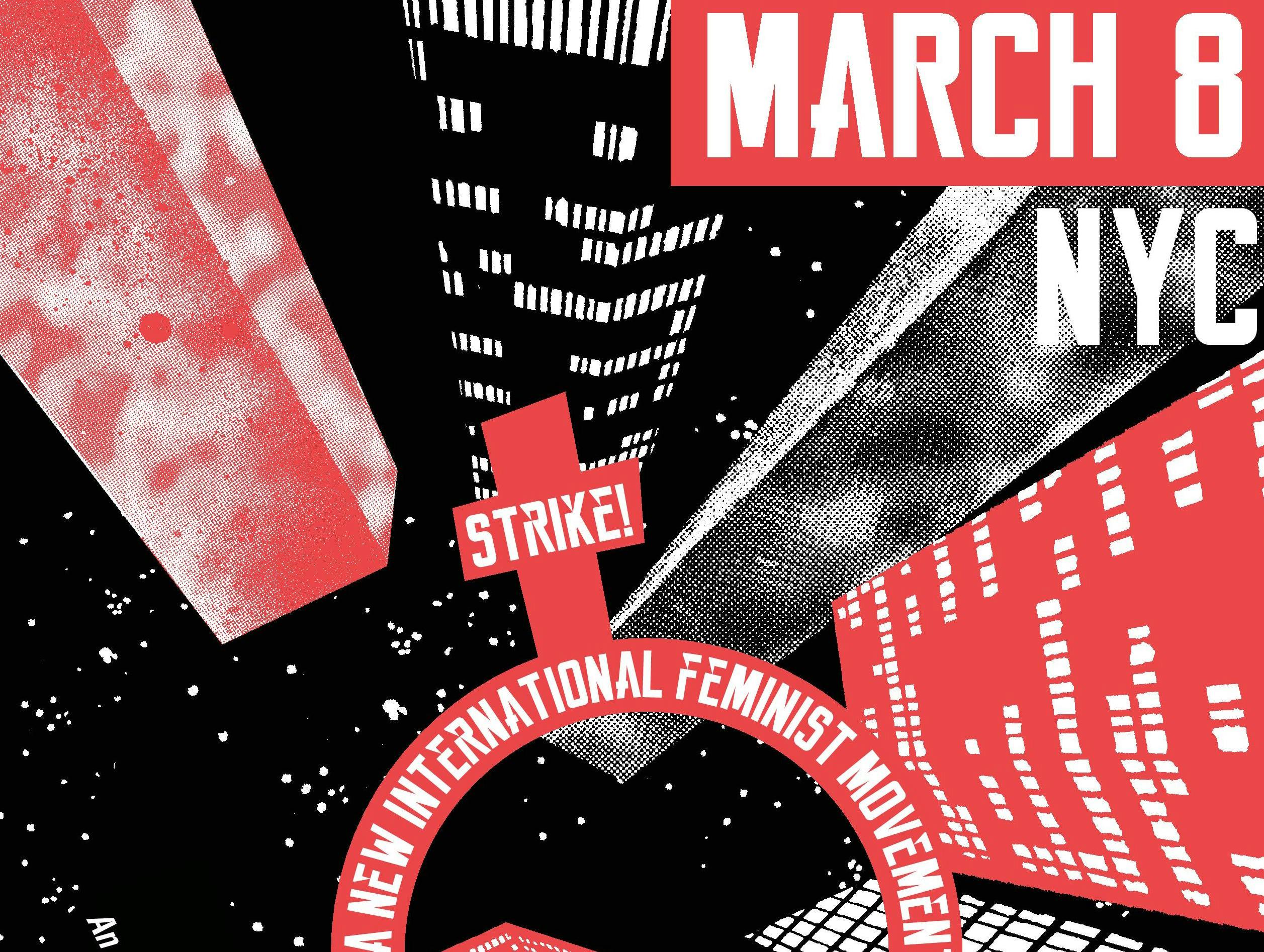

Far from focusing only on wages and hours, they are also targeting sexual harassment and assault, barriers to reproductive justice, and curbs on the right to strike.In the fight for equality, not all feminisms are just the same. And with respect to paid work, too, the strikers take an expansive view of what counts as a labor issue. By making visible the indispensable role played by gendered, unpaid work in capitalist society, it draws attention to activities from which capital benefits, but for which it does not pay.


At the same time, this new wave is democratizing strikes and expanding their scope-above all, by broadening the very idea of what counts as “labor.” Refusing to limit that category to waged work, women’s strike activism is also withdrawing housework, sex, and smiles. By coupling the withdrawal of labor with marches, demon-strations, small business closures, blockades, and boycotts, the movement is replenishing the repertoire of strike actions, once large but dramatically shrunk by a decades-long neoliberal offensive. At first a ripple, then a wave, it has become a massive tide: a new global feminist movement that may gain sufficient force to disrupt existing alliances and redraw the political map.īut that is not all: this burgeoning movement has invented new ways to strike and infused the strike form itself with a new kind of politics. For the last two years, its slogans have resonated powerfully across the globe: #NosotrasParamos, #WeStrike, #VivasNosQueremos, #NiUnaMenos, #TimesUp, #Feminism4the99. From its origins in the streets, the movement then surged through workplaces and schools, eventually engulfing the high-flying worlds of show business, media, and politics. By the end of the month, an upwelling of radical refusal had already crossed the ocean to Argentina, where striking women met the heinous murder of Lucía Pérez with the militant cry: “Ni una menos.” Soon it spread to Italy, Spain, Brazil, Turkey, Peru, the United States, Mexico, Chile, and dozens of other countries. The recent feminist strike movement began in Poland in October of 2016, when more than 100,000 women staged walkouts and marches to oppose the country’s ban on abortion.


 0 kommentar(er)
0 kommentar(er)
